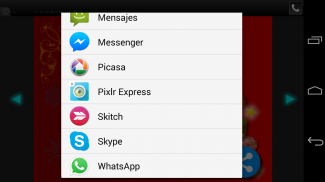











Christmas cards

Christmas cardsの説明
The custom of sending greeting cards can be traced back to ancient China, which exchanged goodwill messages to celebrate the New Year and the early Egyptians, who transported their greetings in scrolls of papyrus.
By the early fifteenth century, handmade greeting cards were exchanged in Europe. It is known that the Germans had New Year greetings printed on wood since 1400, and the handmade Valentines paper was exchanged in various parts of Europe from the beginning to the middle of the 16th century.
By 1850, however, the greeting card had been transformed from a relatively expensive, hand-crafted gift delivered by hand to a popular and affordable means of personal communication, largely due to advances in printing and mechanization .
This trend continued, followed by new trends like Christmas cards, the first of which appeared in published form in London in 1843 in which Sir Henry Cole employed artist John Calcott Horsley to design a holiday card that he could send to his Friends and acquaintances
In the 1860s, companies like Marcus Ward & Co, Goodall and Charles Bennett began mass production of greeting cards. They employed well-known artists such as Kate Greenaway and Walter Crane as illustrators and card designers.
Technical developments like color lithography propelled from 1930 onwards the greeting card manufacturing industry.
Nowadays, new technologies have opened up a new area for the use of cards by making it possible to send virtual congratulations via internet. For this, a large number of portals have been set up that offer a good number of designs and styles that can be sent by email.





















